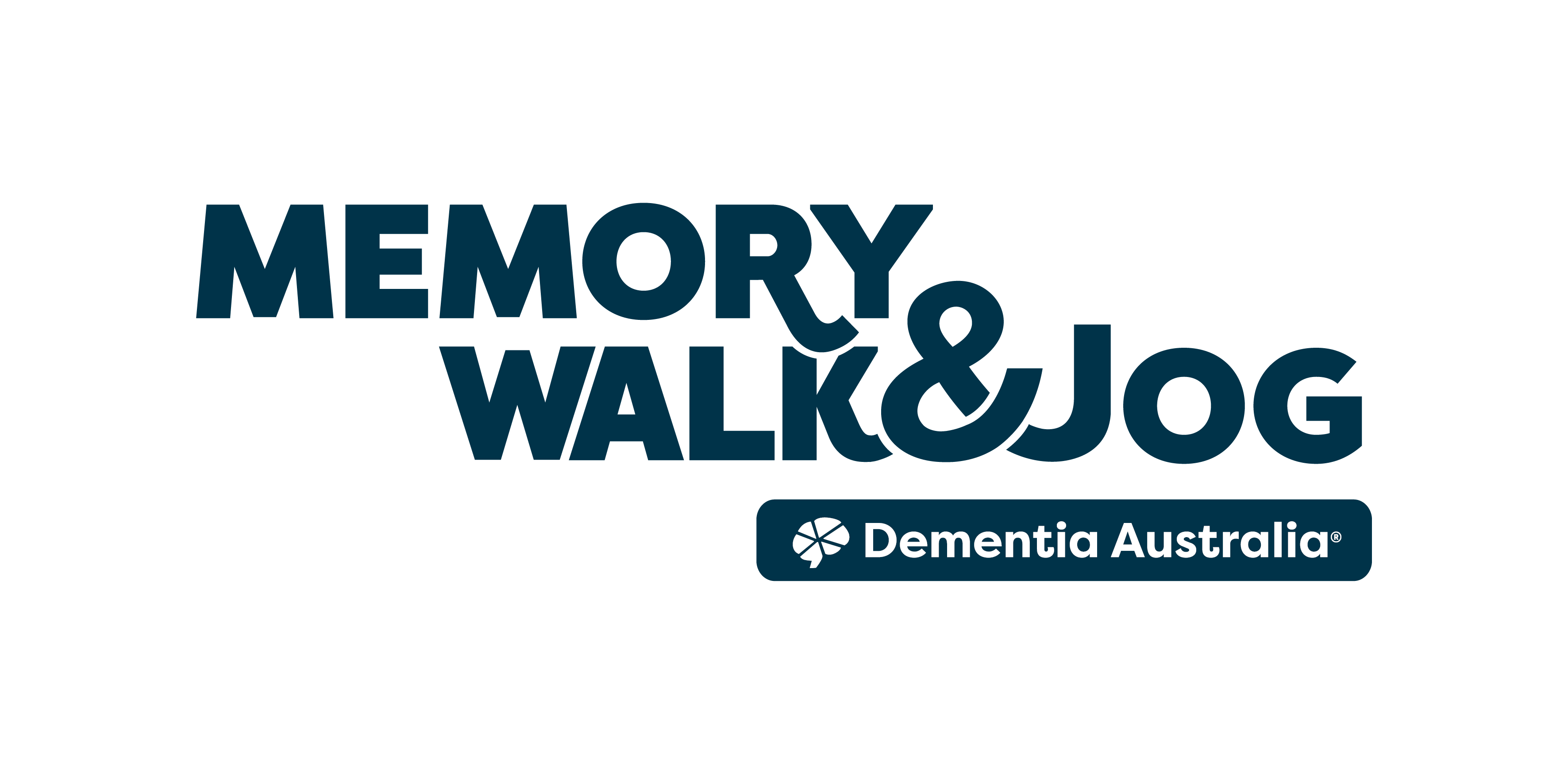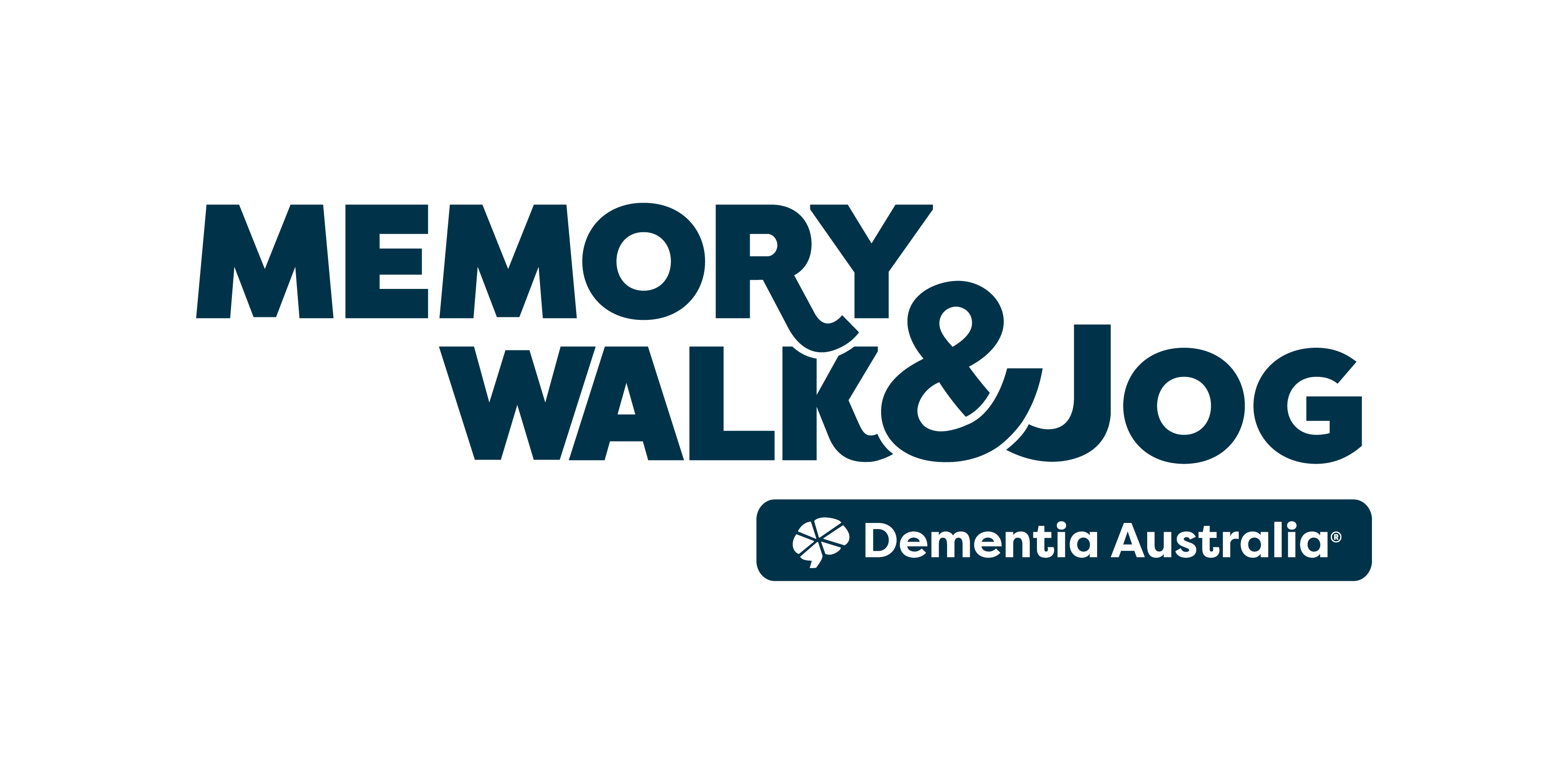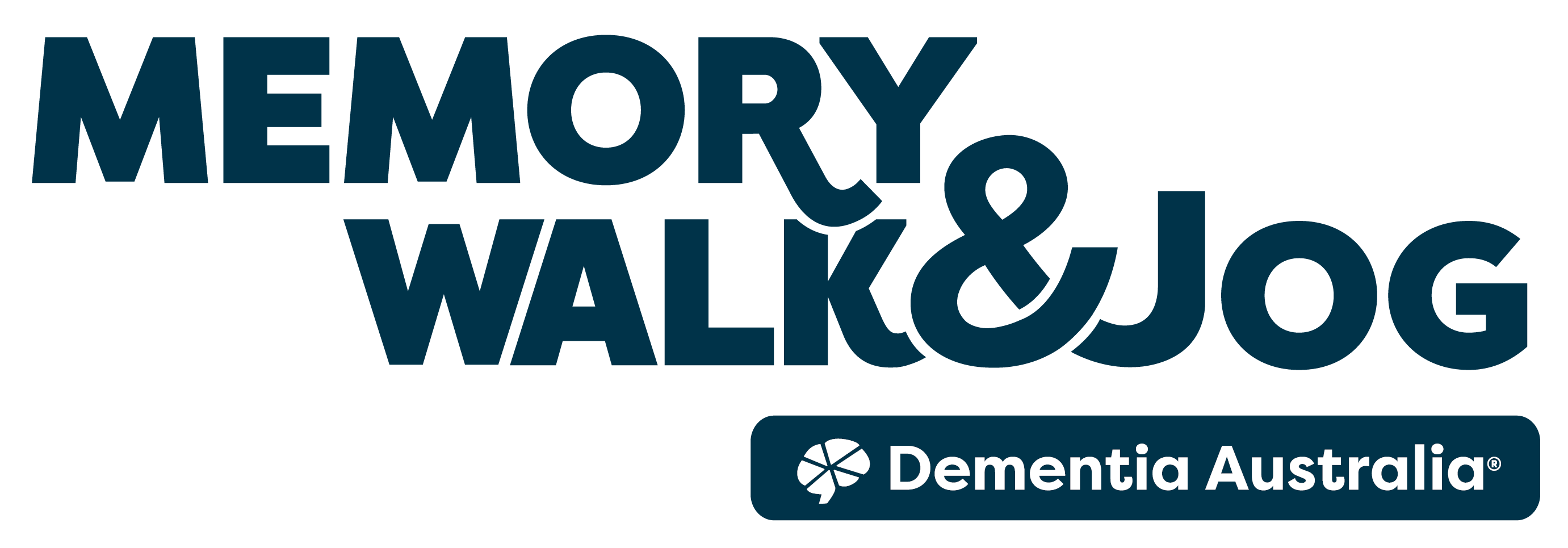Kerrie's story
Kerrie’s mum was always doing something. In fact, Dawn “never sat still” – always active with the local footy ground and community, or baking cakes by the dozen. She was a busy lady who “loved life” and took great pride in dressing well.
The big grey area
Everything changed though, when Dawn was diagnosed with Alzheimer’s disease at the age of 70.
“If she could see herself now, she would be horrified, just horrified.”
They reached the point of diagnosis, after realising that Dawn’s accounts of incidents just weren’t adding up or making sense. On one occasion she lost her car in Albury, which was when her husband finally knew she needed to see a doctor.
Kerrie went with her mum for her appointments and tests. When they received the diagnosis, Kerrie “didn’t really know anything about it” which made it even harder to come to terms with. Harder still was that – at that point - Kerrie didn’t know where to turn to for help.
“I said, ‘so what do we do now?’... And this doctor said, ‘well, there’s nothing you can do, she’s just got to take a notepad and pen with her everywhere she goes and write everything down.”
Kerrie now wishes this first doctor had pointed her in direction of the Dementia Australia website and information. “Because things along the way could have been a bit more comfortable for her.” For Kerrie, the time up until her mum went into care felt like a “big grey area”.
It’s one of the main reasons Kerrie has become involved in Memory Walk & Jog.
Raising awareness with Memory Walk & Jog
Kerrie sees the events as a “good opportunity to get information and to help get information out to others who don’t know what dementia is all about.”
As well as being about raising funds to “make even a small difference to somebody like my mum”, Kerrie thinks Memory Walk & Jog is a chance “to meet and see others who are going through something similar”. And she has really needed to feel that sense of understanding and togetherness.
“It’s been a bit hard; Mum as my Mum is gone now. My friends are great, but it’s not the same as somebody knowing what you’re going through.”

The diagnosis that changes everything
Dawn now lives in hospital. When she was first diagnosed, doctors said her deterioration would be gradual, though in reality, her condition went downhill quickly. After a month she began to go wandering. Kerrie felt terribly torn between wanting to spend time caring for her mum and wanting to be there for her girls who were only 14 and 9 years old at the time.
Eventually, after Kerrie and the family struggled to get help, Dawn went into respite care and hasn’t been home since after an infection dramatically sped up her condition even further.
Kerrie’s mum used to call her every day for a chat. Now, Kerrie would love to hear her voice at the end of the phone. And she wishes her mum wasn’t missing the chance to see her granddaughters growing up. Instead, Alzheimer’s has changed the mum she knew.
“She was always quite tough; you wouldn’t see her emotions...But now she’s always crying and wanting cuddles from the nursing staff. The change is quite confronting.”
Coping with these unexpected changes is another reason Memory Walk & Jog has become so important to Kerrie. It’s about being able to “meet people who are going through something similar and see what their stories were and how they got to where they were going.”
Fundraising and COVID-19
Sadly, Kerrie’s 2020 Memory Walk & Jog story didn’t work out the way she had expected. COVID-19 meant she ended up doing her own virtual walk with friends and family. Luckily though, it hasn’t impacted her enthusiasm to keep going!
It also hasn’t dampened her fundraising efforts. Kerrie’s first share on Facebook created $300 in donations. She also shared facts about the number of women with dementia in Australia, which encouraged further donations and shares.

Fundraising and COVID-19
Sadly, Kerrie’s 2020 Memory Walk & Jog story didn’t work out the way she had expected. COVID-19 meant she ended up doing her own virtual walk with friends and family. Luckily though, it hasn’t impacted her enthusiasm to keep going!
It also hasn’t dampened her fundraising efforts. Kerrie’s first share on Facebook created $300 in donations. She also shared facts about the number of women with dementia in Australia, which encouraged further donations and shares.
“Just the basic stuff was so successful, and it blew my mind, so my goal is to raise even more funds next year. It was just a great feeling with mum there in my mind, and hopefully those funds can help somebody else.”
Kerrie reckons that if her mum could see her fundraising efforts, she’d be “quite chuffed” and be cheering “Go Kerrie!”.




